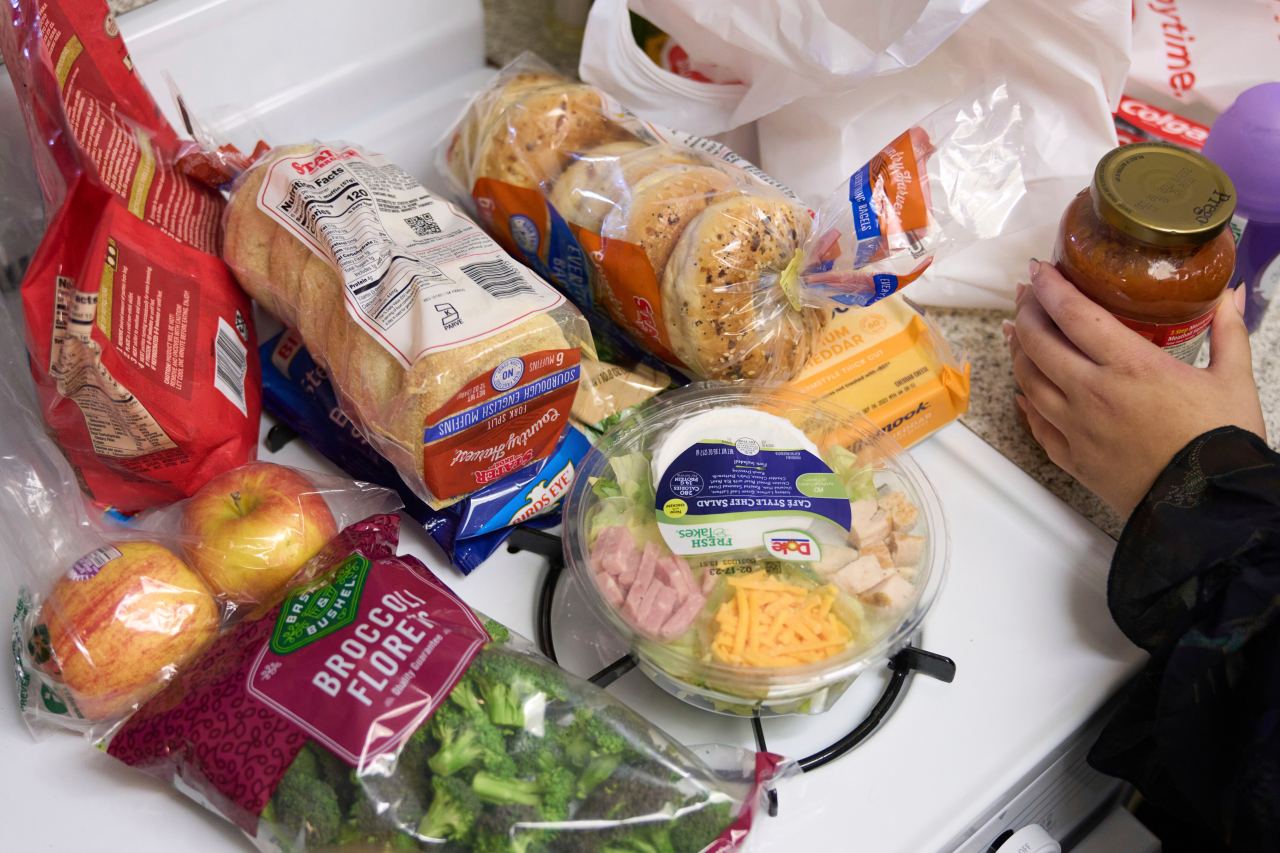
NASHVILLE, Tenn. (WKRN) — A new report revealed almost a third of Tennessee college students may experience some degree of food insecurity.
In 2022, the state legislature charged the Tennessee Higher Education Commission with creating a report on issues pertaining to food insecurity on public college campuses across the state. Food insecurity can mean not having enough money to get food, access to food options in your area, or even the anxiety that comes with not knowing where your next meal is coming from.
The researchers surveyed campus administrators across Tennessee for a year-long investigation. Various sources indicate that up to 30% of Tennessee postsecondary students may experience some degree of food insecurity.
“It really underscores the fact that this is a topic in which there’s not a lot of really good data, there isn’t a known state estimate of exactly how many students at any given point in time may be experiencing food insecurity, one because it’s a situational issue,” said THEC Data Strategist Jacob Kamer. “So a student at one point in time may be experiencing food insecurity. Some students, however, may be chronically food insecure, they carried it with them their entire life.”
They also learned food insecurity may be disproportionately experienced. That includes first-generation students, low-income students, students of color, and adult students. Kamer explained that experiencing food insecurity can be both an access and a completion issue to higher education.
“When it comes to being food insecure, though, if a student can’t afford food, or they don’t know where their next meal is coming from, being successful in college is not top of mind,” he said. “So it presents an issue in getting the student enrolled, but also keeping the student enrolled, and ultimately allowing him or her to receive a post secondary degree.”
According to the report, not having enough food has been linked to poorer academic performance, reduced credit hour accumulation, and increased mental health
concerns.
⏩ Read today’s top stories on wkrn.com
“We also know of all the institutions we surveyed, everyone’s doing something. But the scope and scale those efforts vary across the state,” said Kamer. “Our institutions may either be in or nearby a known food desert or geographic area in the state where there’s limited food options.”
The commission recommends state leaders take action to reduce food insecurity among college students. That includes improving communication on existing resources, support student basic needs security, supporting research and evaluation, and crafting a Tennessee Hunger Free Campus bill.
“At this point, I believe about 10 states across the nation have adopted a Hunger Free Campus bill,” explained Kamer. “What it would do is provide a list of standards for how colleges ought to be supporting students facing food insecurity. But some states have also used that as a mechanism to provide things like grant support to institutions. So it does have that connection to our funding recommendation.”
There’s still a lot of unknown information when it comes to food insecurity on college campuses because research is still limited. The commission did share a list of schools with food pantries:
- Austin Peay State University
- Middle Tennessee State University
- Tennessee State University
- Tennessee Tech University
- University of Tennessee, Southern
- Columbia State Community College
- Nashville State Community College
- Motlow State Community College
- Volunteer State Community College
Click here to read the THEC report on food insecurity in higher education.
